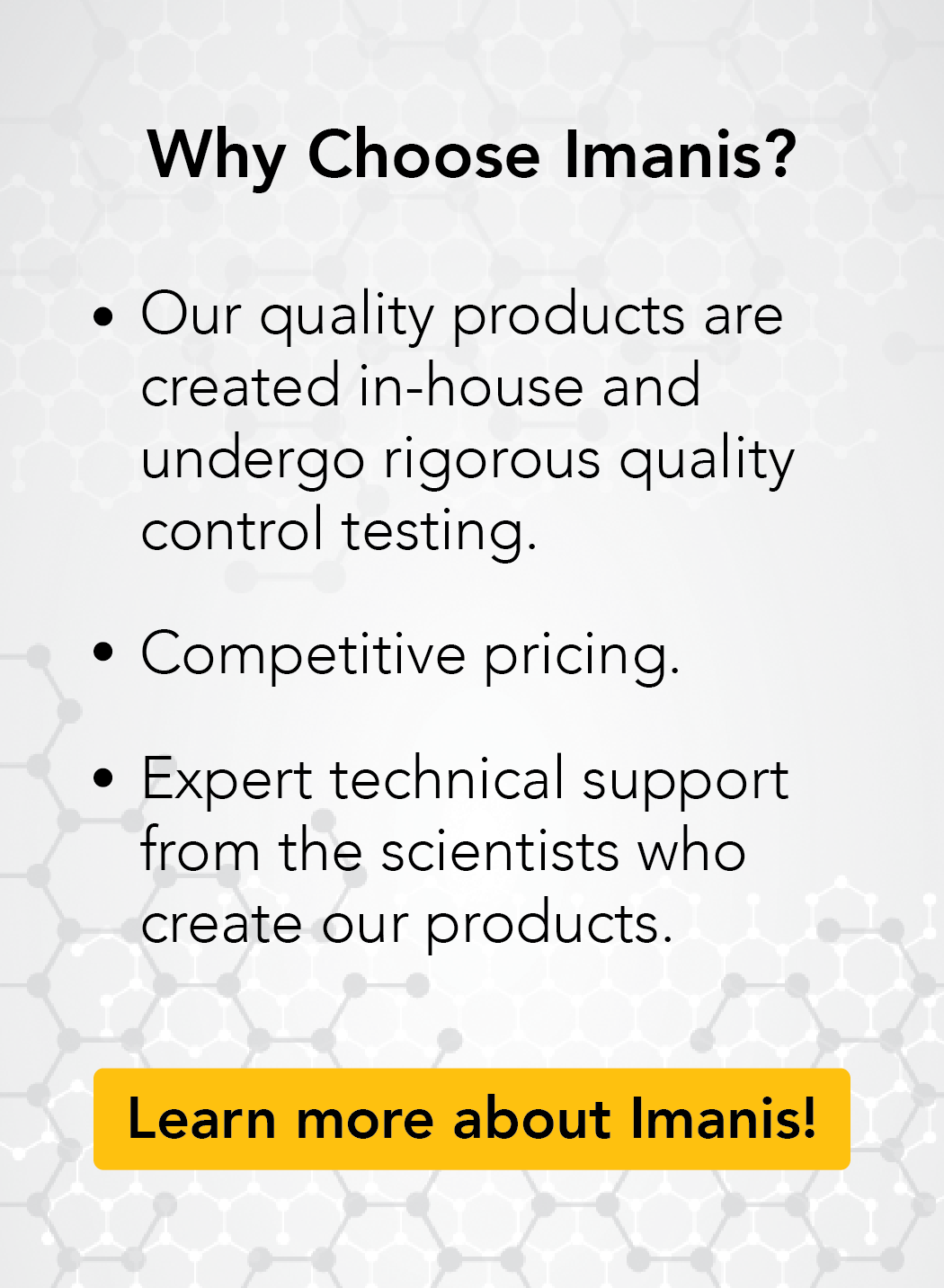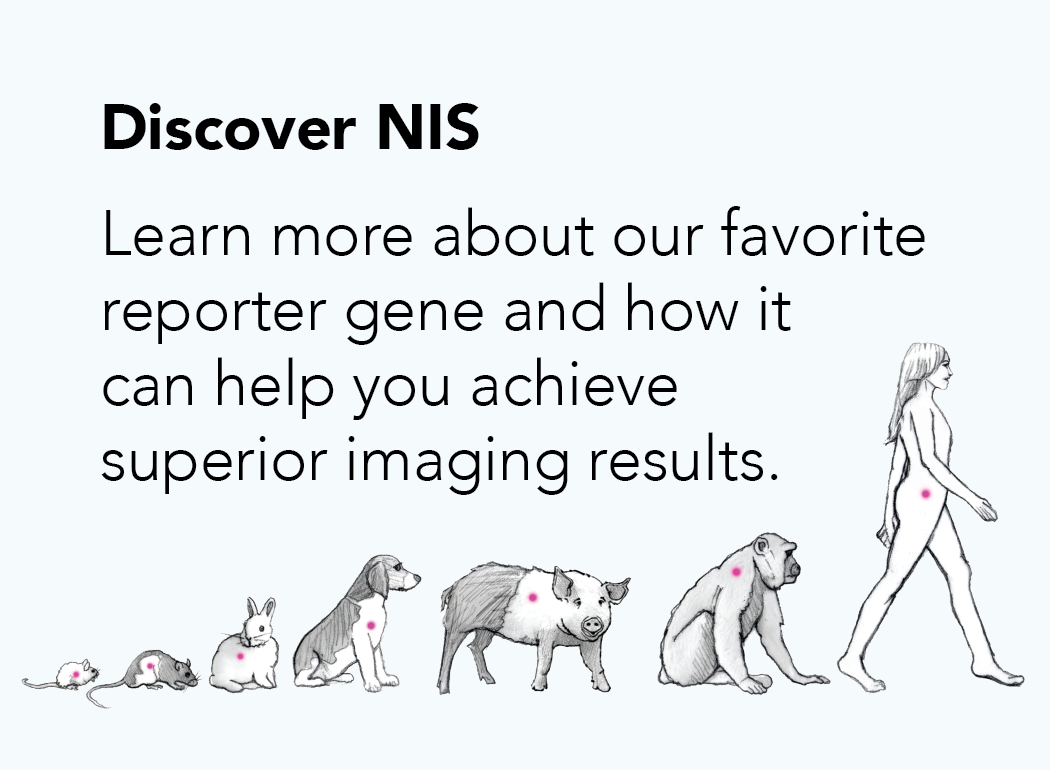Rochester’s Vyriad developing oral COVID-19 vaccine
A Rochester biotech firm — Vyriad — is working on an oral coronavirus vaccine that could serve as “booster” after the first waves of vaccinations.
February 25, 2021, Imanis Life Sciences, Rochester MN
Mayo Clinic researcher Dr. Stephen Russell, who co-founded Vyriad with Dr. Kah-Whye Peng in 2016, explained that while it has not yet undergone clinical trials, the oral vaccine has shown good results in boosting the antibodies in monkeys.
“We’re excited that we have something that could be really quite helpful, but it needs a lot of work to get there, Russell said Thursday. “I don’t want people thinking they could get the vaccine tomorrow, because that isn’t the case. But we do have a really good technology here.”
The Vyriad vaccine is administered as a teaspoon of liquid that the patient swishes around their mouth and swallows. Being taken by mouth instead of by injection sets Vyriad’s vaccine apart from the Moderna, Pfizer and Johnson & Johnson vaccines.
The oral delivery has many benefits, Russell said.
“A lot of people have a needle phobia. That’s a big reason why people refuse vaccines,” he said.
The hope is that the Vyriad vaccine can boost the dwindling immunity of patients who have been infected with the virus or have been given a traditional vaccine injection.
“We’ve been looking at people who recovered or have been vaccinated … the levels of antibodies over time go down,” he said. “Eventually, the level of protection will be so low, that you’ll need a booster. We could be very relevant to that next wave.”
When monkeys were given the oral vaccine in an experiment in conjunction with the University of Minnesota, Vyriad found that the antibody levels would increase “about a hundredfold.”
Taking the vaccine by mouth could provide an additional benefit of killing the virus before the patient becomes infected. Antibodies are not just in the blood, but can be found in the mucus lining of the mouth and nasal cavity.
Early data indicates that the vaccine could boost the antibodies in the mouth due to the oral delivery. If true, that would mean that a patient who breathed in the virus could have it eliminated before actually catching COVID-19. That could also keep an immune person from carrying and transmitting the virus.
“Mucosa immunity could be an important thing,” Russell said.
While the Vyriad team believes that mucosal immunity is likely, more work needs to be done to confirm that.
The next step in the development is partnering with a large vaccine manufacturer to run the large clinical trials necessary to confirm its efficacy and safety.
News of Vyriad’s project was unintentionally released at this early stage, when Russell mentioned it during a short virtual presentation for the Minnesota Department of Health that he didn’t realize was public.
This is Vyriad’s second attempt at a vaccine. The first attempt was to create an intramuscular injection. Early test results in August were not promising. The team reformulated it as an oral vaccine, and it proved to be very effective. The next step was to develop a manufacturing method for the vaccine.
“What we can bring to the discussion now is a neat, new technology and a way to make it,” he said.
This is the latest COVID-19-related creation to surface in Russell’s labs in Building 110 of the Rochester Technology Campus. Imanis Life Sciences, a complementary company also founded by Russell, created a Immuno-Cov test to track a patient’s active antibodies and immunity levels.
Vyriad and Imanis were originally formed to find cancer treatments using viruses, so this work is directly in their “wheelhouse.” In late February, when China released the sequence of the coronavirus, Russell called in his “Virus Nursery Team” and had them re-create it. That led to the Imanis test and the Vyriad vaccine.
The vaccine’s uses could go beyond COVID-19. He said it has the potential to be a “game-changer platform” that could be adapted as immunization against flu and other viruses.
Of course, testing needs to be done on human subjects before this vaccine progresses any further. Russell is optimistic, though cautious. He quoted a saying among researchers to keep things in perspective.
“Labs techs say, ‘Mice lie and monkeys exaggerate,’ ” he said with a chuckle. “You have to be cautious. That said, the other vaccines did pan out exactly as their developers thought they would.”
Published Month Day, 202#: https://www.postbulletin.com/newsmd/coronavirus/6906046-Rochesters-Vyriad-developing-oral-COVID-19-vaccine

